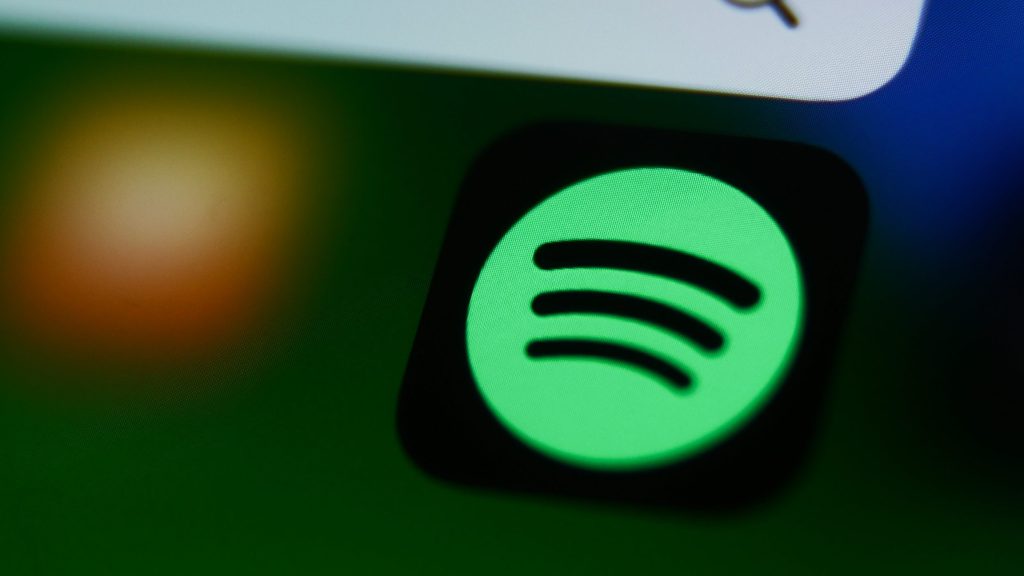
Spotify is expanding the way podcast listeners can engage with hosts with Tuesday’s launch of a new interactive feature: podcast comments. The addition will allow listeners to leave comments on any episode page that supports it, with the hopes of making them feel more like members of a community. Plus, creators will be able to like and respond to listeners’ comments, while still having control over which comments appear on their page.
The feature puts Spotify in more direct competition with YouTube as a place where creators can interact with their listeners. It also follows the company’s move into video podcasts, which began with tests in 2021 and a broader launch in 2022. This year, Spotify again widened its reach to include video support for non-hosted podcasters.
There are now more than 250,000 video podcasts available on the platform, the company says. Just this year, 9 million Spotify listeners have also engaged with one of the interactive features designed for podcasts, like polls or Q&As, which rolled out in 2021. That figure represents an 80% year-over-year increase.
With support for podcast comments, Spotify aims to give its creators more ways to build communities, which in turn could lead to better retention of its listener base and increased consumption of podcasts.

According to the company’s internal data, listeners who engage with interactivity features on Spotify are around four times more likely to return to a show within 30 days. They also listen to two times more podcasts, on average, than those who don’t engage with these features.
Comments will add a new type of interactive feature for these active listeners to engage with, as more than 70% of podcast listeners said they wanted more ways to engage with their favorite hosts.
However, the feature itself will be optional for podcast hosts.
“We’re taking a very deliberately slow and cautious approach with this one,” says VP of Podcast Product Maya Prohovnik, who joined the company with its acquisition of Anchor. “I think it’s a really important balance between sort of creative expression and keeping people safe and making sure that there are high-quality conversations happening.”

The feature will roll out slowly, starting this week on the consumer side (on podcasts that have opted into showing comments on their pages). Over the next month, the option to comment will expand to all Spotify users.
Meanwhile, creators who choose to allow comments will be in control of the experience; they’ll be able to enable or disable the feature on a per-episode basis and will be able to approve which comments go through.
Creators will also be able to like and reply to comments, get alerts when new comments are added or milestones are achieved, and access other insights and analytics about their audience through the Spotify for Podcasters app, which is now available to both hosted and non-hosted creators.
“We want to work with creators and iterate based on their feedback, but [Spotify is] really trying to over-index on creative control, and making sure the creators can choose what shows up alongside their content,” Prohovnik notes.

Of course, approving comments one by one can be time-consuming, which is why Spotify is beginning to test other options that would allow comments to flow more freely, but with guardrails in place. The company says that Spotify is already testing systems that would allow comments to scale with creators, without the hassles of manual moderation.
Currently, creators can block commenters, and Spotify will check for comments that violate its policies automatically.
The commenting feature has been in beta testing ahead of this launch, and Spotify says the feedback was positive, which is why it’s now going public with the option. Creators who previously added support for polls and Q&As will be among the first to have the option to enable comments.

The launch comes as Spotify’s podcasting strategy has shifted, moving from heavy investment in exclusives to one where Spotify serves as a platform for all podcasters, including those who stream their shows on video. As a result, Spotify is now becoming profitable on podcasts, Prohovnik says.
The new feature doesn’t immediately have a monetization element, though Prohovnik says that Spotify is working toward ways to identify a show’s super fans in the comments. The company didn’t commit to any specific plans to offer paid-for fan badges, as YouTube offers with Super Chat and Super Stickers, but that seems a reasonable next step for the streamer to take.
In the meantime, comments could engage Spotify users by way of push notifications, drawing listeners back into the app to participate in the social networking elements, even if not actively streaming.
“Just like with video podcasts, it’s clear to us there’s a need. People want that deeper engagement on Spotify, and that’s really our goal,” Prohovnik says.
Updated, 9:05 a.m. ET to clarify comments will be opt-out for creators, though they are optional.




